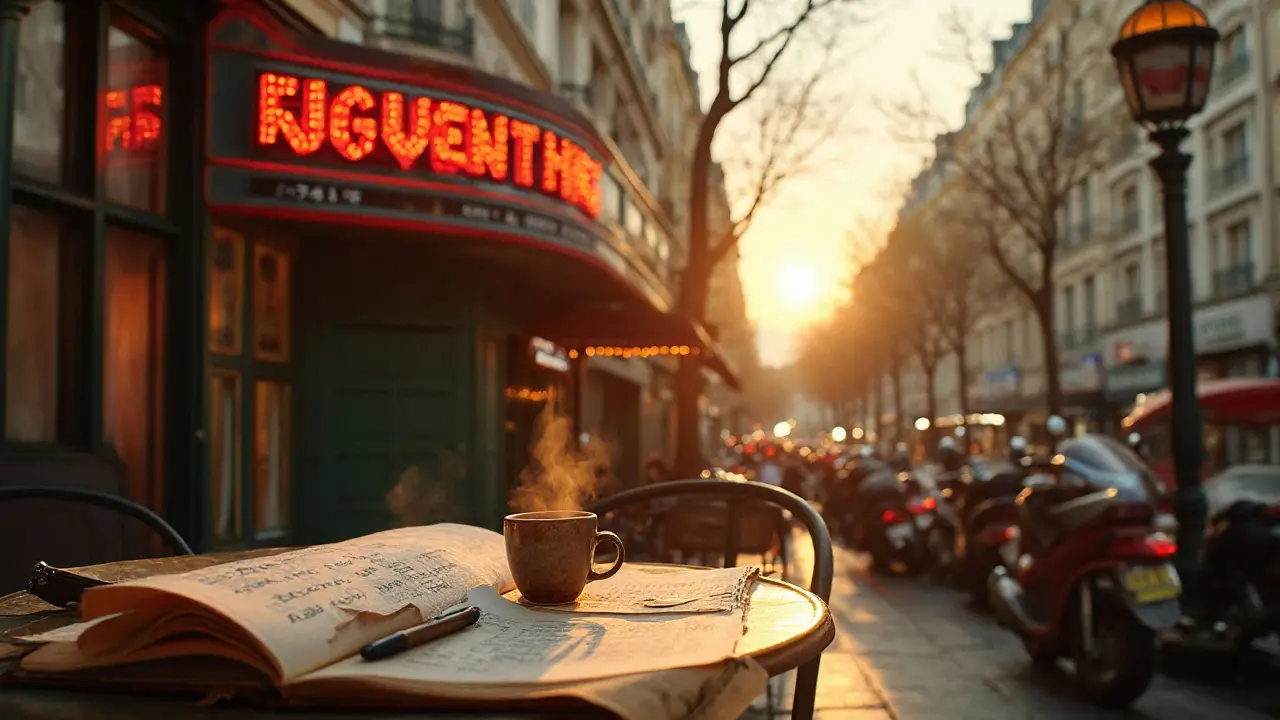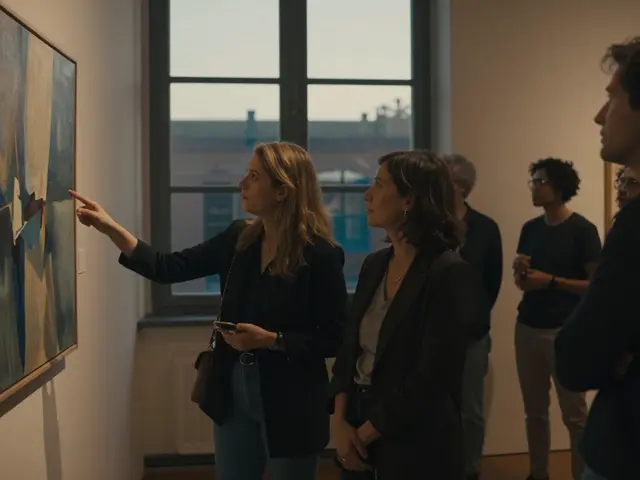Music Journalism Paris: A Practical Guide to Covering the City’s Sound
If you love music and want to write about it, Paris is a goldmine. From tiny jazz clubs to massive festivals, there’s always something worth a story. This guide shows you the best places to hunt for news, how to get a foot in the door with editors, and what tools make the job easier.
Where to Find the Stories
The first step is to know the hotspots. Start with the classic venues – Le Pop-Up du Label, Le Point Éphémère, and Le Bataclan. Their calendars are online, but a quick call to the booker often reveals hidden gigs that haven’t been posted yet. Don’t forget the smaller bars in Belleville and the Oberkampf area; they host up‑and‑coming bands that could be tomorrow’s headline act.
Paris also runs a steady stream of festivals: Paris Jazz Festival, We Love Green, and the annual Rock en Seine. Each event has a press office that sends out media passes. Sign up early, and you’ll get access to backstage interviews and exclusive footage. Even the city’s many record stores – like PhonoSource and Crocodisc – host in‑store performances that attract niche audiences.
How to Pitch Your Story
Editors look for stories that feel fresh and have a clear angle. Instead of sending a generic “I want to cover a concert,” point out why this show matters: is it the first European tour for an Asian indie act? Does the venue have a historic link to a famous musician? Pair your pitch with a short bio, previous work links, and a proposed deadline.
Most French music magazines – Tsugi, Nova, and Les Inrockuptibles – accept pitches via email. Keep the subject line short and include the keyword “Paris music” so it catches the editor’s eye. Follow up after three days if you haven’t heard back. Persistence shows you’re serious, but avoid spamming.
Freelance platforms like NewsBreak and Upwork also list short‑term assignments for concert reviews. They pay less, but they’re great for building a portfolio and getting your name in front of local editors.
When you land a story, record as much as you can: sound bites, backstage chatter, and venue atmosphere. Use a smartphone recorder for quick interviews, and take photos – most editors want at least one image to accompany the article.
Finally, stay informed. Subscribe to newsletters from French music blogs such as Coda and IndieMag. Follow Paris-based journalists on Twitter; retweeting their work can lead to collaborations. The more you engage with the community, the easier it becomes to spot trends before they go mainstream.
With these tips, you’ll move from an eager newcomer to a trusted voice in Paris music journalism. Grab your notebook, hit the streets, and start telling the stories that keep the city’s soundtrack alive.

How to Capture the Magic of Live Music in Paris: A Practical Writer’s Guide
Turn Paris concerts into vivid stories. Concrete steps, local tips, venue intel, checklists, examples, and a mini‑FAQ so your writing reads like the show felt.
read more
